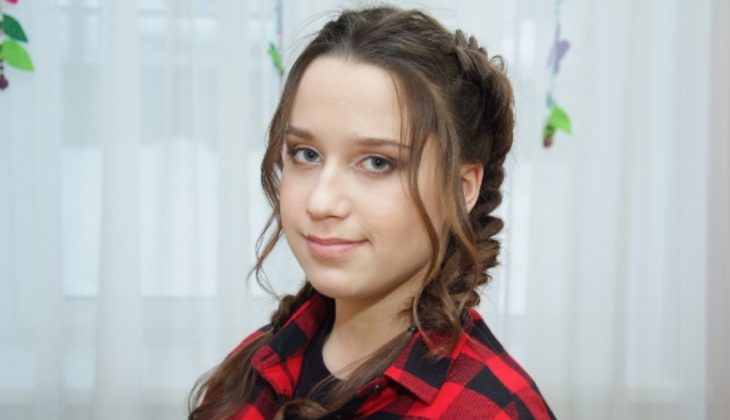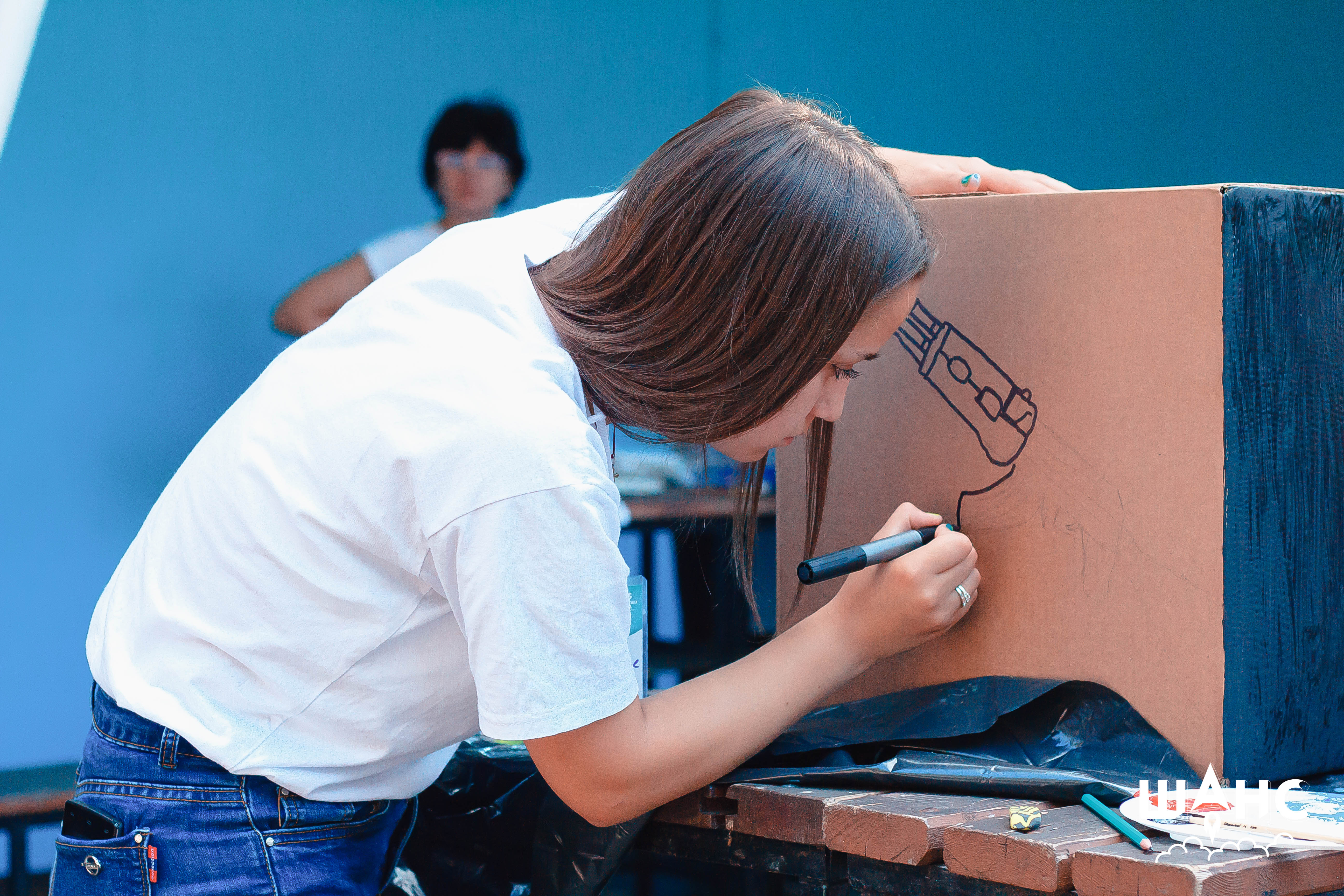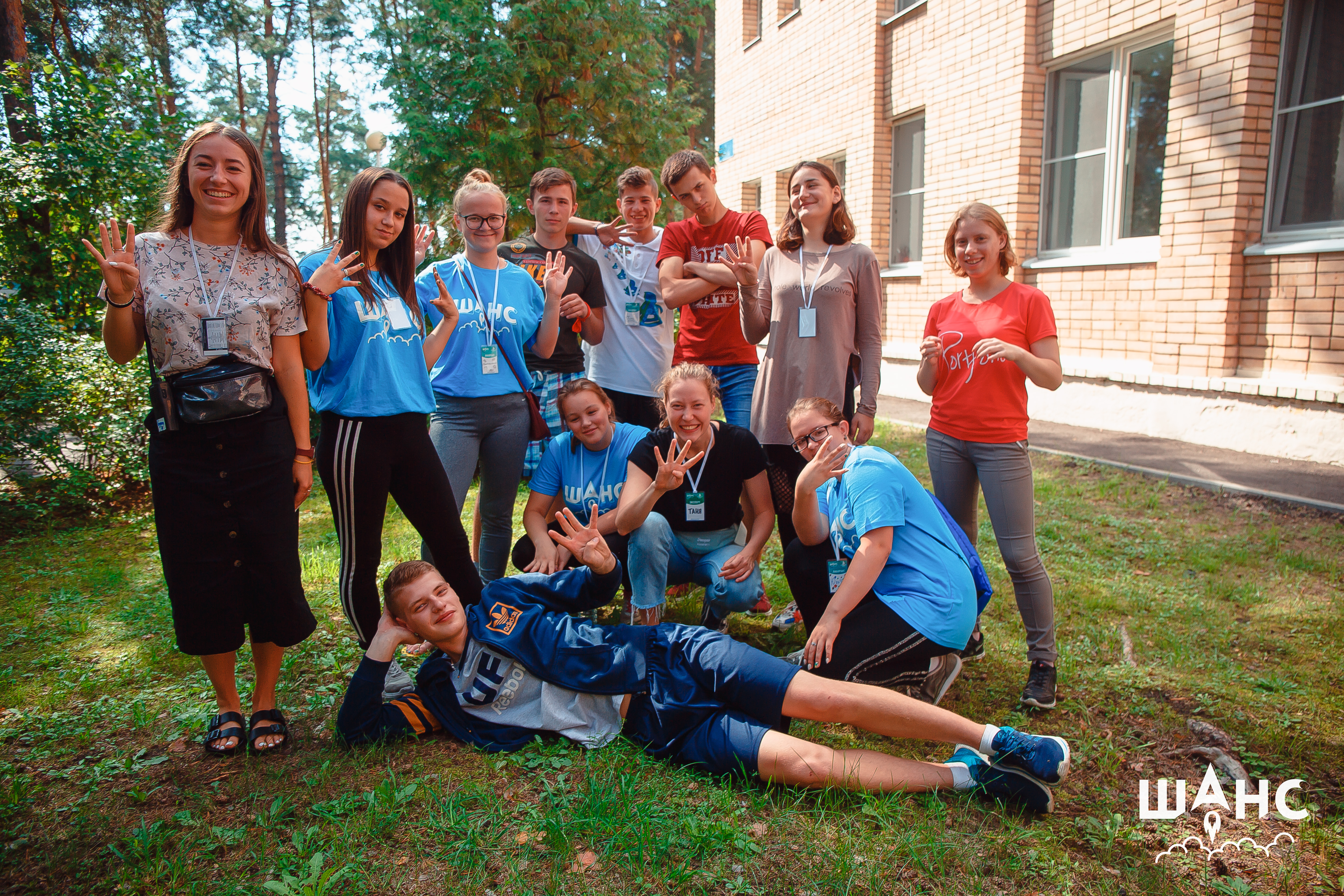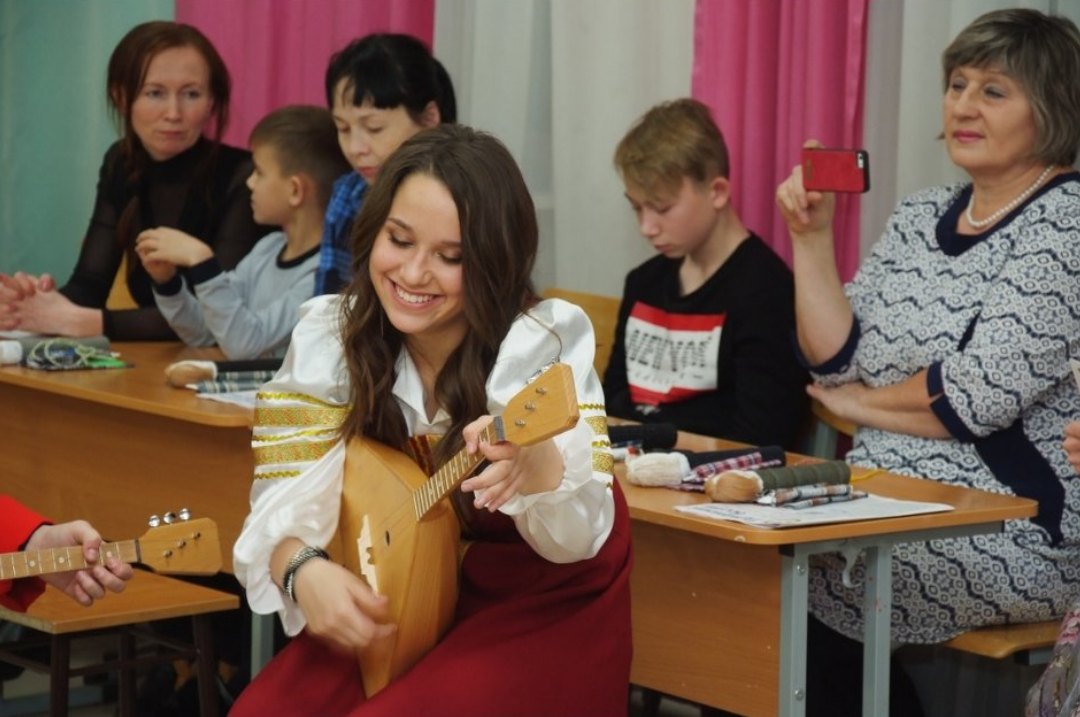I ask no questions because I don’t want to know

The school bell rings, a door of 7b grade opens wide, and a crowd of children rushes out. A tall, slender girl comes out among the last ones. The only thing that distinguishes her from her teacher is the schoolbag behind her back. Masha is 18 years old, and she is in the 7 th grade. Not because she skipped her lessons, not because she did not do her homework, but because Masha is an orphan, and the system decided that she would study according to a correctional program. And she did. This was more convenient for everyone.
At the age of 16, Masha was transferred to another orphanage, where they had no fear, did not close their eyes, but appointed a commission, which immediately assigned Masha as capable of studying according to a general education program.
«I was born in the village; we lived with my mother, grandmother, and my older brother Igor, who was three at that time. Dad had never lived with us; I don’t know anything about him. Mom loved us, we lived well, but I don’t remember much, of course. She played with me, fed me, but she died when I was four and Igor was 7. We stayed with our grandmother. I still don’t know what had happened. They don’t tell me, and I don’t ask».

Her grandmother took custody of Masha and her brother after their mother had died. But two years later, when Masha was in the senior group of the kindergarten, both children were taken and placed first in a hospital, and then in a shelter, the reason was as follows, «grandmother is not coping with her duties of a guardian».
«When they took us away, I asked, “Why?” They said that my grandmother could not cope with Igor. We lost each other, that’s what I can say, but I don’t know what that means. Probably he did not study well, fooled around at school. Another life began for me; at first, my grandmother often came to visit, every weekend, whenever she could. Until she died».
In the subsequent years of Masha’s life, the number of orphanages she had changed shows very clearly that the system does not treat a child as an equal to a person. The system sees a file, personal records, and is moved the way it is more convenient for it.
After the hospital, Masha and her brother found themselves in the shelter in a small village, they had been staying there for one year, and after that, they had been transferred to an orphanage in the village of Alnashi – there Masha went to the 1 st grade of the gymnasium (please keep this in mind, a gymnasium!) But something went wrong, they decided to relocate the children, and by the end of the first grade Masha had been sent to an orphanage in the Zavyalovsky district, and her brother was sent to orphanage No. 96 in Izhevsk. Since that time, they have not talked to or seen each other. Why did they separate the children, why wasn’t Masha sent to an orphanage in Izhevsk, but transferred to a correctional orphanage in the village? This remains unknown.
But for the next five years of her life, an ordinary girl who graduated from the 1 st grade according to the standard program had been studying at the correctional school of the 8 th type, from the age of 8 to 13.

«When I turned 13, my grandmother died. My brother and I have completely lost each other. And my mother’s cousin found me. She arranged a guest regime; this allowed her to take me to her place for the whole weekend and holidays. I don’t know why they sent me to the correctional school. They didn’t test me at all; I behaved like a normal child».
At the age of 13, they decided to transfer Masha again, this time to an orphanage in Izhevsk, she had lived there for another two years, graduated from the 8 th grade of the correctional school for children with mental retardation. And at the age of 15, there was a new transfer order. She was sent to the orphanage where she lives now.
«I didn’t care that I had to move. We were not asked or explained anything. Pack your things and go. That’s all. When I arrived at the orphanage, where I live now, I was almost immediately sent to a commission called the PMPC (psychological, medical, and pedagogicalcommission, which determines the educational standard a child should follow). A psychiatrist and psychologists talked to me, I drew, passed tests, answered questions about school, and about life. My previous diagnosis was canceled, they said that I could study in a regular school. Thus, at the age of 16, I ended up in the 6 th grade of a comprehensive school. And then, I was enrolled in the Chance program from the Arifmetika Dobra Foundation. I got tutors in almost all subjects. They support me a lot.
Just imagine that – at the age of 16, I was in the 6 th grade. But I was not ashamed of children; I was ashamed of the fact that I knew so little. In a year, I became almost an excellent student; the only thing I was interested in was my studying. I was sent to a music school in the orphanage; it turns out that I have a perfect ear for music. I play the guitar, balalaika, and piano. I take part in competitions. On the first days of school, I thought that it would not work for me—teachers online, too many new subjects. But a social care teacher was sitting next to me, and everyone said that everything would work out, that I would understand things. And they were right.

My aunt Lyudmila is like a mother to me. She has three sons, and I am her daughter. We’re not talking about my brother and mom. I don’t start; neither does she. Why should I? The main thing is that I have a family. It’s a pity, of course, that I have not been transferred to the regular educational program earlier. I could already enter university. But never mind, maybe that was necessary. It is foolish to be sad about this. In summer, I went to the campus in Moscow; it was an educational seminar that the Arifmetika Dobra Foundation holds. There I learned how to control my emotions; we discussed how to behave properly in society, talked about safety and attitude to money. It was a very rewarding time, especially for me. I haven’t seen much in my life; I don’t know much about finances and other people. Chance is the program that not only prepares for exams and helps us in school subjects, it is a program with the help of which you can understand life. I am very grateful that the children from my orphanage and I were lucky to get into it. This is thanks to our director, Tatyana Iosifovna; it is very important for her what will become of us in the future».
Now Masha is studying with tutors only in Russian and Mathematics; she does not have any Cs; she knows the material well and is preparing to enter a university in Moscow. There are still several years of school ahead, and we are very proud to be with her during these years. A huge number of children living in orphanages are able to study much better. To do this, they need a little faith and a teacher who will show that they can master any subject, and also some love. By supporting the Chance program, you instill their self-confidence and help very talented kids.
* All raised funds will be used to pay for the lessons for Masha and other children from her orphanage.
Donate





